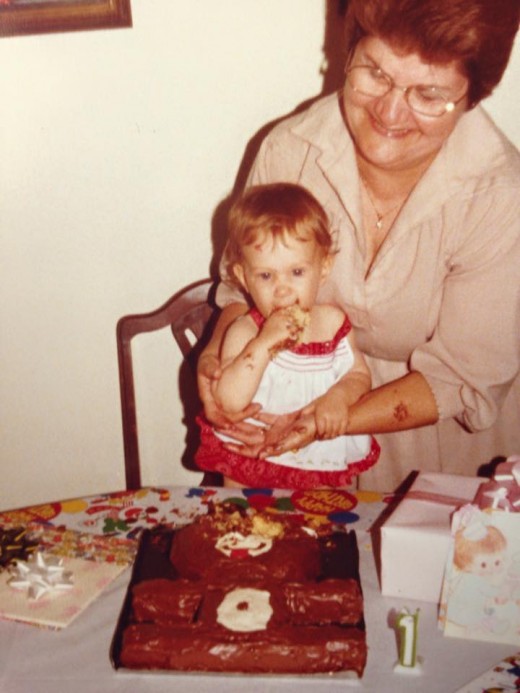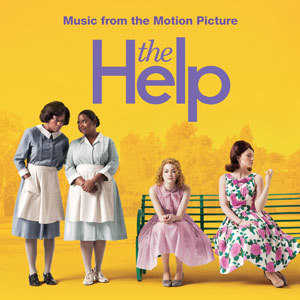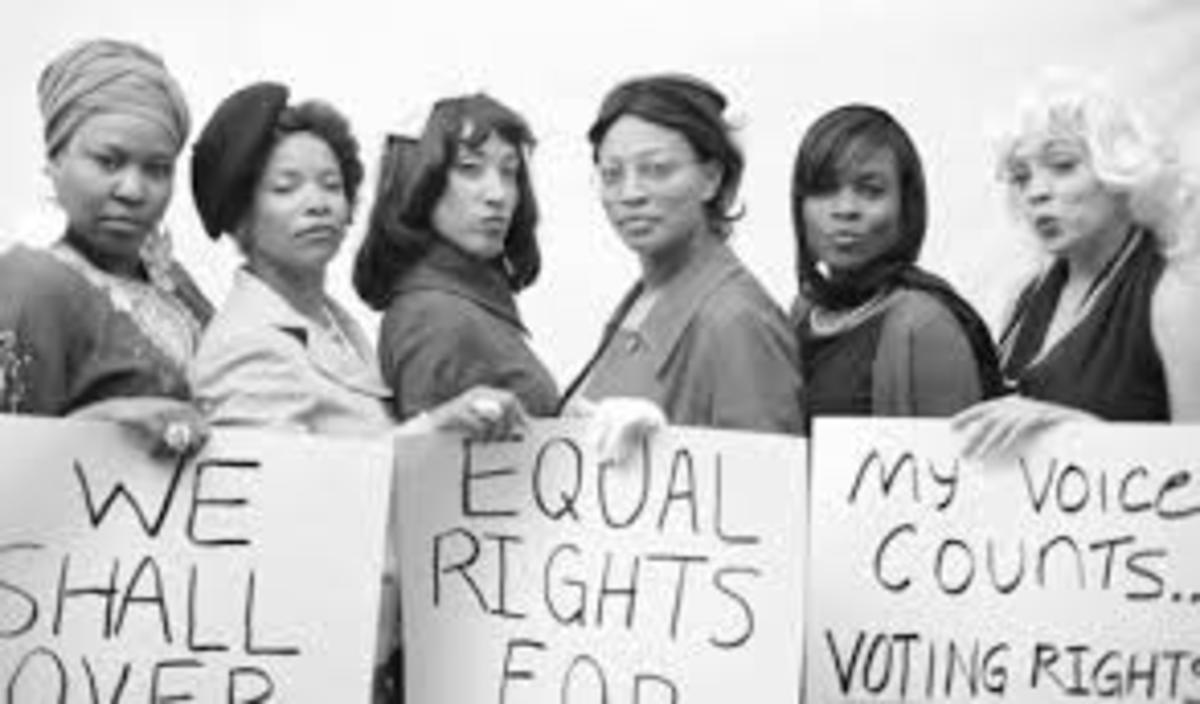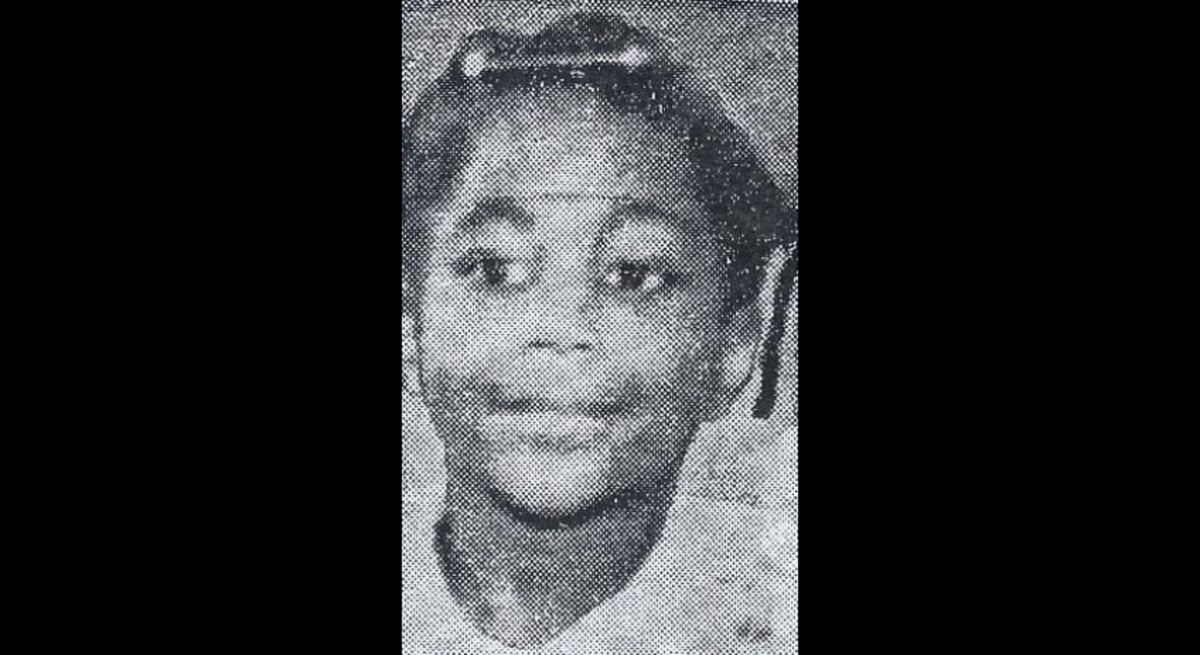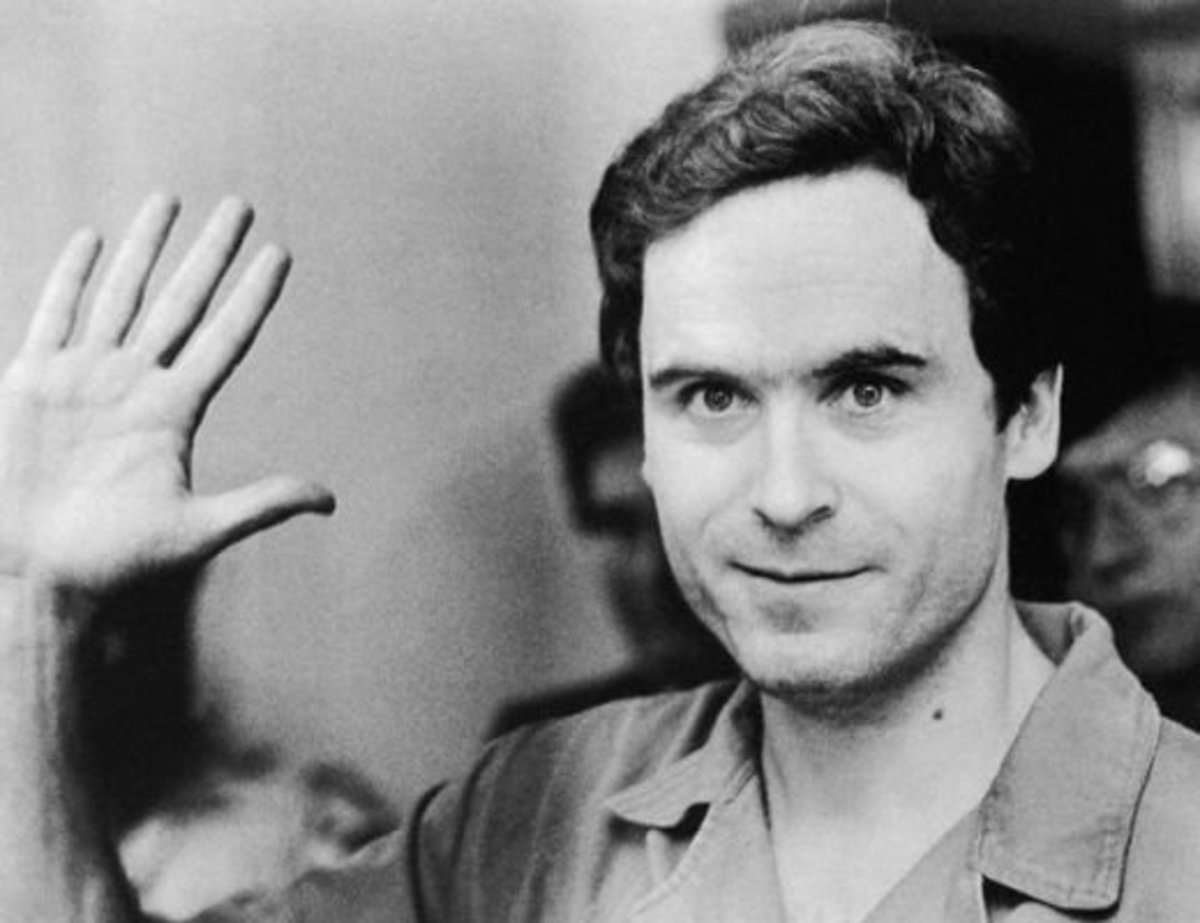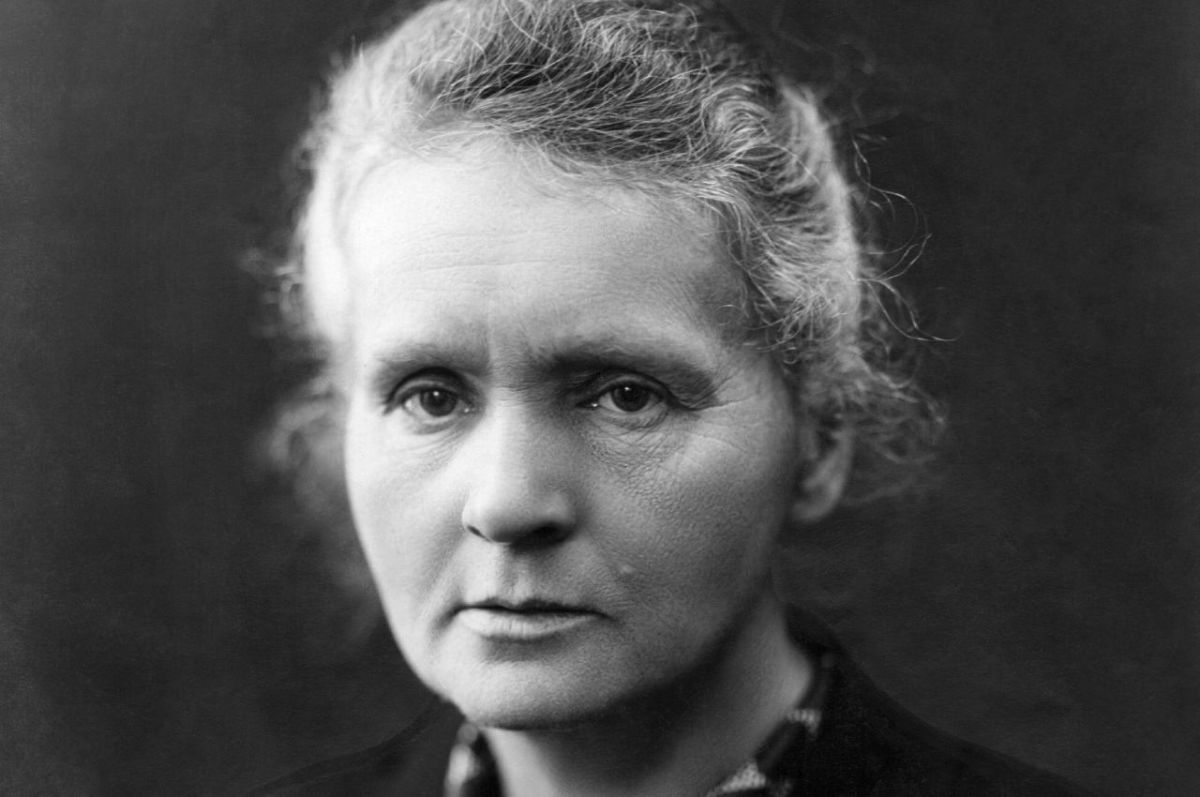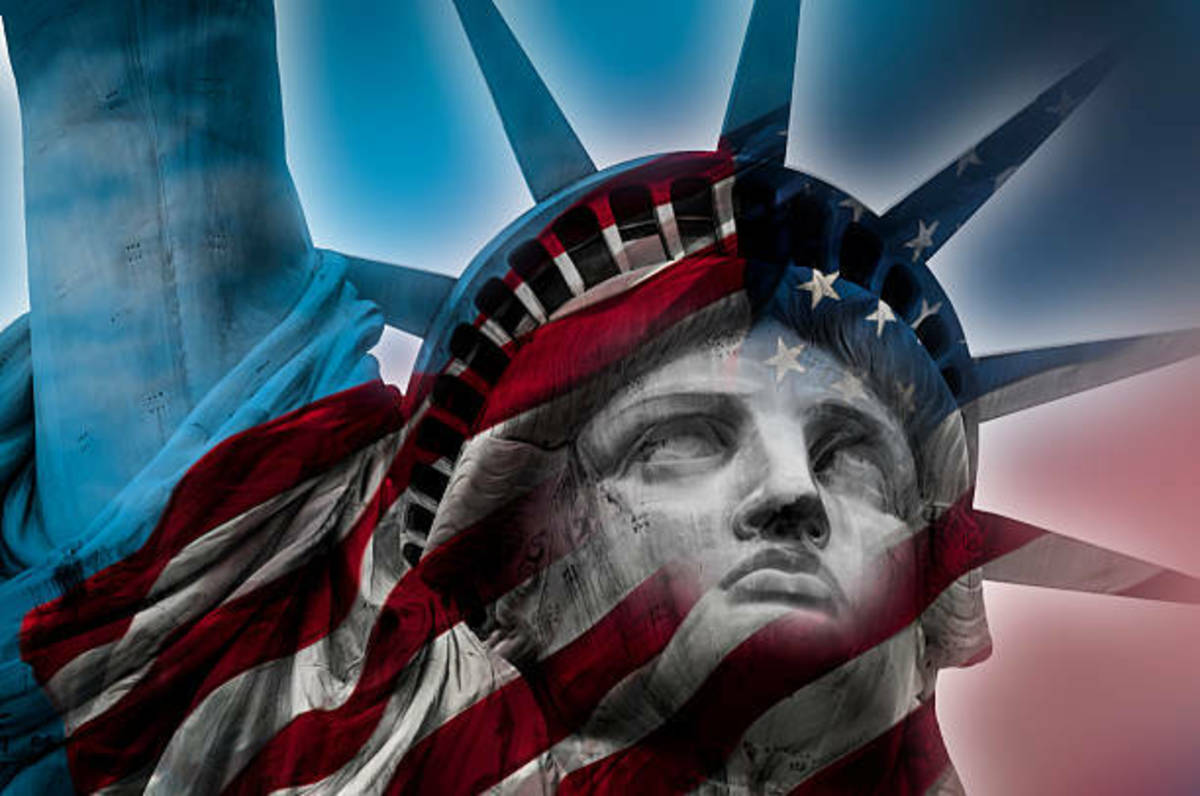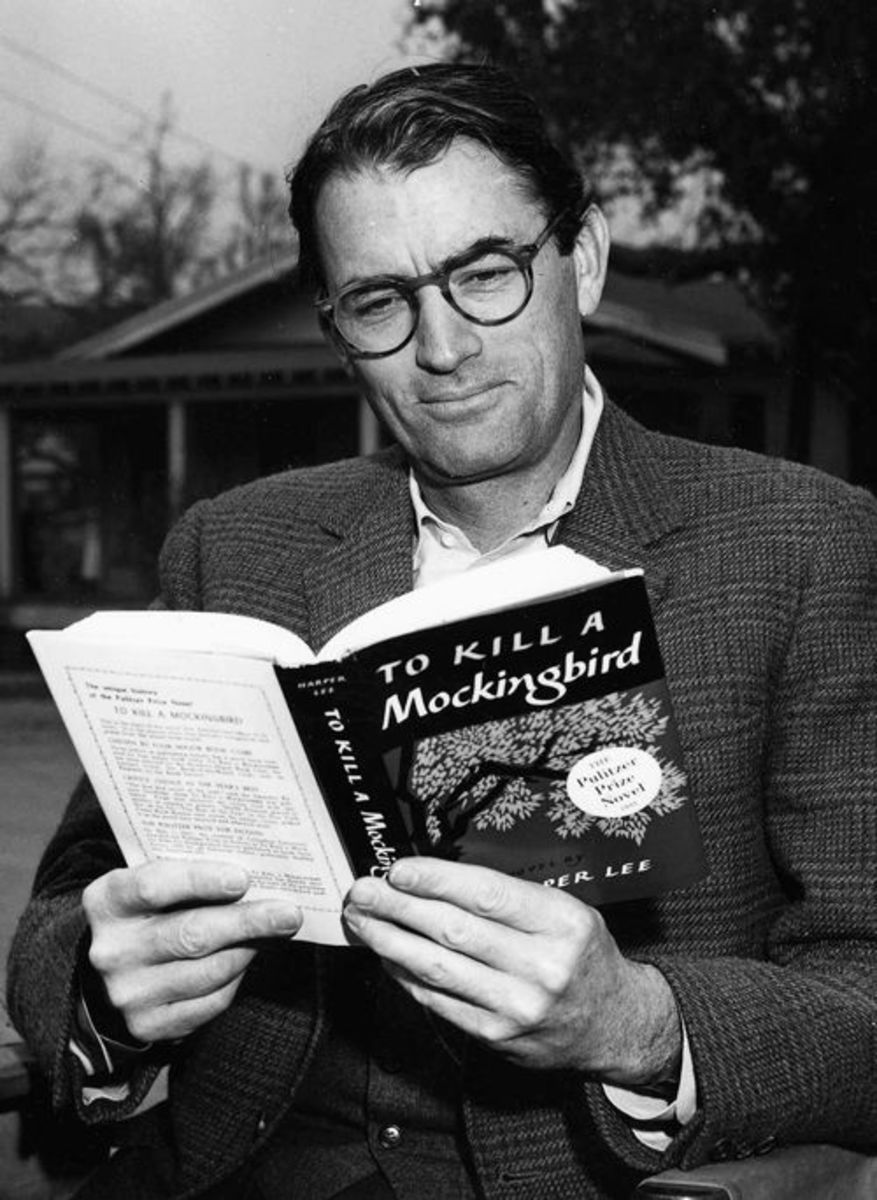Maid in America: Societal Roles and Expectations Through the 1940s-50s
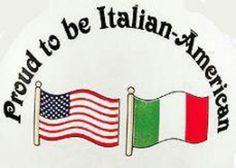
First Year of Marriage - Learning to Live Together - Love & Marriage, Husband & Wife 1950s
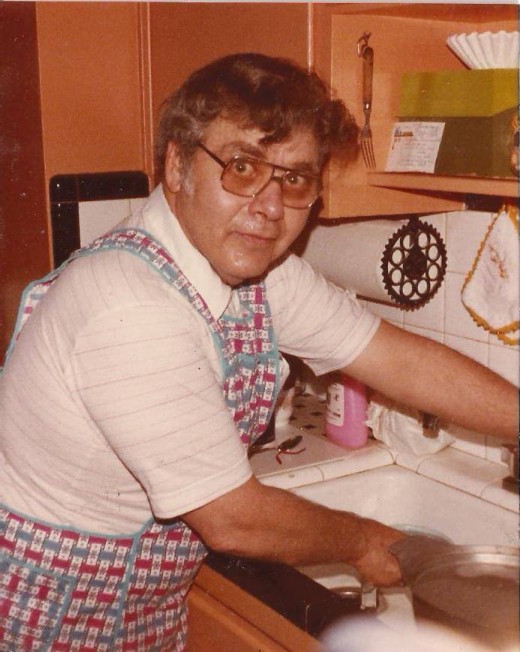
The Help | A Social Awakening
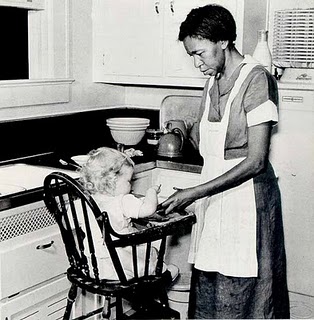
There was no difference to me....
I was a 70's baby from the south. Born in Pensacola, Fl aka FLABAMA. People can’t believe it when I tell them that I had a nanny as a child and the question that usually follows is if she was black. I then get the look from that person as if my family had some sort of oppressive situation going on in our house. What they don't realize is that the same nanny that worked in our home actually worked in my grandmother's home after she was married. My grandfather couldn’t handle all of the Italian cooking and would joke at the fact that when they first got married she did not even know how to cook an "American breakfast" (bacon, eggs, toast). My grandmother wanted to be an American housewife of the 40's but also did not want to lose her Italian identity when she moved out of her Italian community in Oklahoma. It was very important for her to cook all the foods they way her mother did, and to use Italian when speaking as much as possible. My grandfather hired a Maid to teach my grandmother how to cook southern food and a traditional "American breakfast" (and during that time period in the south 99% of maids, nannies, or hired help were black). She was labeled as a nanny by outsiders when my mother and uncle were born and they were seen with her in the community. She became a very important person in our family and my mother called her Aunt Marie. When my mother married and had children of her own, Aunt Marie was in her 60's and was much too old to do any major housework but would come to our home or even my grandparents’ home and cook for us. She would insist on not taking any money which usually ended with my parents or grandparents insisting or even slipping into her pocketbook. She spent a lot of her time in our house; especially when my little sister was born and diagnosed with cancer. Aunt Marie was always there with my mother and helping our family any way she could.
What made me reflect on my childhood and my Aunt Marie was the movie THE HELP. This movie touched me so much emotionally and made me so grateful that we never treated Marie the way the characters in the movie were treated as maids working in white homes. But it also made me more grateful to have Marie. She was with our family for three generations and I am sure there were many people in her community that questioned her relationship with our family. Was she just “the help” in the eyes of other people? Was it abnormal to love her the way we did because she worked in my grandmother and mother’s home? I don’t think we were the average family; after all, my grandmother was an Italian immigrant.
When Marie passed away, our entire family was there sitting with her family in a Baptist Church in Pensacola, FL. With no color or social class differences. She was a major part of our family, attended every wedding, holiday and birthday with her own children or grandchildren. I never saw a problem with her being in our lives. One day a friend of mine from Missouri was looking at some photos I had in an album and she asked "who is this black lady in all these pictures?" and I was like "oh that’s my nanny aunt Marie." You would have thought a horn sprouted from my head! She viewed the thought of a black person working in our home as oppressive and considered it modern day slavery. Would she have thought differently if Marie was Hispanic or Irish?
There has been such a change and dramatic shift throughout the generations as to what the roles and expectations are for not only a woman, but for a minority or immigrant as well. Today we can be much more than a maid or a housewife. We are not forced into a stereotype or expected role. Marriage dynamics have even changed. It is not uncommon for a husband or partner to stay home with the children while the other goes off to work. Usually whomever makes the most money will continue to work today while the other takes care of the household expectations. Being a maid is not the only job an African-American woman can have these days when you look back at the options that were there in the 40's or 50's. Women of any ethnic background are doing ANY job a man can do today, while doing it well, if not better!
African American women held 8.58 percent of bachelor’s degrees held by women in 2012 though they constituted 12.7 percent of the female population.
https://www.americanprogress.org/issues/race/reports/2013/11/07/79165/fact-sheet-the-state-of-african-american-women-in-the-united-states/
1950s Education On "Women"
My Mom at 15
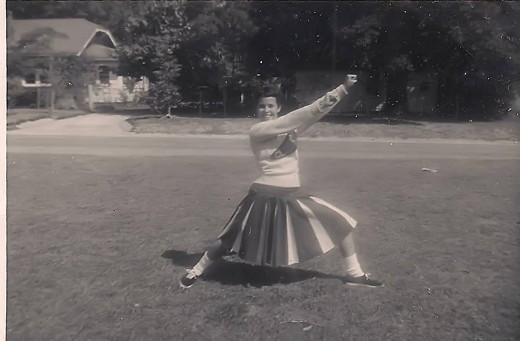
Assimilation into American Education
Italian Americans were well situated in post-World War II America to take advantage of the national expansion of secondary and higher education. They hastened to enroll in G.I. Bill programs and in the 1950s and 1960s began to send sons and daughters to colleges. By the 1970s, Italian Americans averaged about 12 years of formal education; in 1991 the group slightly surpassed the national mean of 12.7 years.
Read more: http://www.everyculture.com/multi/Ha-La/Italian-Americans.html#ixzz4lamEINQc
MAID IN AMERICA
Some History
Despite the lip service paid to children as the most important things in the world, the people entrusted to look after them have traditionally been some of the most poorly paid and disenfranchised women of society. In the pre-Reconstruction South, the job often fell to slaves; in the Northeast, the job often fell to Irish immigrants, who had come to America and Canada by the millions to escape the potato famine of the 1840s.
Both before and after the Civil War, African American women on both sides of the Mason-Dixon line were domestics, charged both with housekeeping duties and childcare responsibilities. By the turn of the century, though, that was changing, as the Irish assimilated into American society. Even after slavery was a thing of the past, African American women continued to serve as maids and nannies.
New immigrant groups at the end of the twentieth century began to change that, particularly in the Southwest. Mexicans, Salvadorans, Guatemalans and other Central Americans began coming to the United States in ever-greater numbers—both legally and illegally—and, just as in the past, those on the lowest rung of the economic and enfranchisement ladders found that the only jobs they could get were as domestic workers.
http://www.pbs.org/independentlens/maidinamerica/domesticas.html
50 Surprising Photos From The Past That Show How Different Life Used To Be
